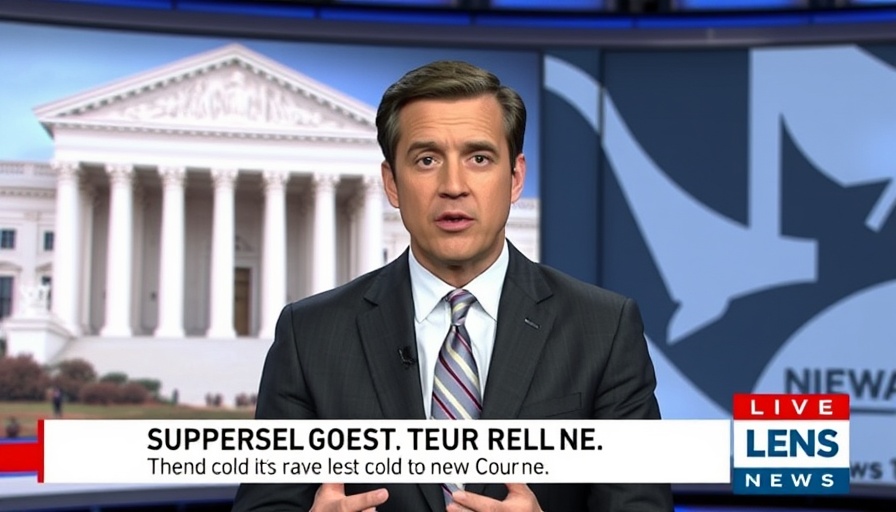
Scottish Government's Acceptance of Biological Definition of Woman
In a noteworthy turn, the Scottish government has accepted the UK Supreme Court's recent judgement that defines a woman as a biological entity. This decision has significant implications for the ongoing gender recognition debate, particularly concerning the controversial gender recognition reform bill that previously allowed individuals aged 16 and older to legally change their gender via self-declaration without requiring medical validation. Social Justice Secretary Shirley Anne Somerville has stated that there are currently no plans to revive this bill, indicating a shift towards a more conservative interpretation of gender rights.
In CI News: 25 April 2025, the discussion delves into the Scottish government's acceptance of the biological definition of woman, exploring key insights that sparked deeper analysis on our end.
Debate Over Gender Ideology in Politics
The debate has not been without its controversies. Green MSP Maggie Chapman faced backlash for accusing the Supreme Court justices of bigotry in her response to the ruling. Critics, including KC Rody Dunlop, branded her remarks as irresponsible, raising concerns about the potential risks to the court members' safety. This drama highlights the often intense and emotional intersection of politics and gender identity, particularly within a society torn between progressive ideals and traditional values.
Concerns Over Proposed Conversion Therapy Laws
In Northern Ireland, a recent inquiry revealed that health trusts received very few complaints regarding conversion therapy, casting doubt on the necessity of a new conversion therapy law. The vast majority of trusts reported no complaints at all. Despite this, proposed legislation is still on the table—potentially holding severe consequences for parents and church leaders who may wish to guide their children through gender identity discussions. The warning from James Kennedy, the NI policy officer, raises alarms: if this legislation does not focus on legitimate medical practices, it risks targeting innocent individuals.
High-Stakes Gambling Regulations Under Review
Shifting gears to public health considerations, the UK government has halted plans for expanding high-stakes slot machines across Great Britain. Critics of these machines argue they contribute to gambling addiction, prompting calls for reinforcing protective regulations. Ian Duncan Smith, chair of the All Party Parliamentary Group for Gambling Reform, has aptly pointed out the necessity of ruling out increased machine distributions until more robust protections for vulnerable populations are established.
A Hard-Hitting Verdict on Medical Procedures
In another significant development, Professor Alan Josephson, who was terminated from the University of Louisville for his outspoken stance against controversial trans-affirming medical procedures, received a substantial payout in his legal battle. The university was mandated to fulfill nearly $1.6 million in damages, a decision that champions the freedom of speech while casting a spotlight on the risks surrounding certain medical interventions for children. Josephson expressed relief and hopes that the ruling will encourage other professionals in the medical field to openly discuss the implications of altering biological sex.
The Intersection of Faith and Emerging Social Issues
These events bring to the fore vital discussions surrounding the intersectionality of faith and evolving societal norms. For Christians, particularly within conservative communities, the implications of the Scottish Supreme Court's decisions and Northern Ireland's conversion therapy debates call for a distinct and compassionate response rooted in Biblical teachings. These circumstances compel believers to uphold their values while engaging thoughtfully with those on the other side of these contentious discussions.
In summary, as we witness the unfolding scenarios regarding definitions of gender, medical ethics, and societal roles, it's essential for the Christian community to maintain a voice that is grounded in love and truth. It is a call for dialogue that essentializes respect, understanding, and ultimately, unity in diversity. The ability to navigate these complex issues while holding true to Christian values is pivotal for the community.
As discussions on these pressing topics continue, we encourage readers to stay informed and involved. Engaging with such societal developments not only informs our faith but also equips us to respond wisely and compassionately in the public sphere.
 Add Row
Add Row  Add
Add 








Write A Comment